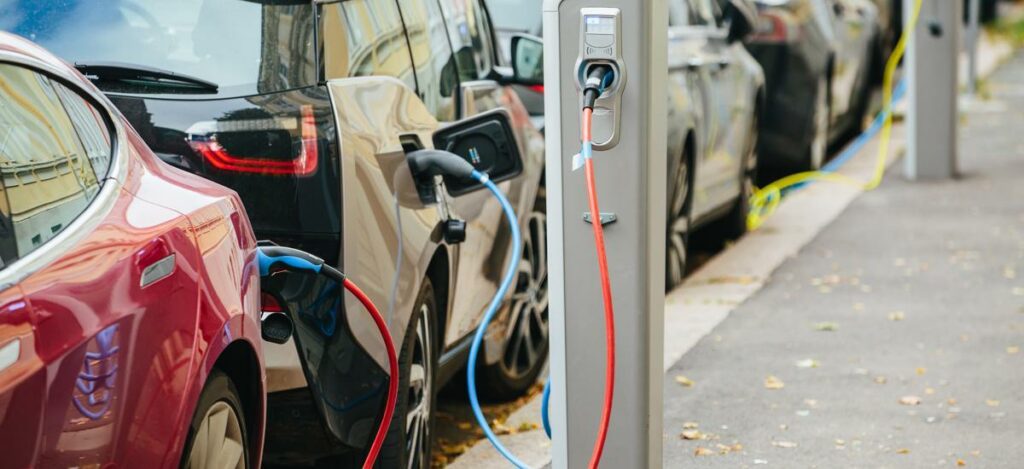Price discrepancies for public electric vehicle (EV) charging between the north and south have been revealed in new research from British Gas.
Sourced from Freedom of Information requests to over 400 local councils, the data found that drivers in the south pay 28% more than those in the north and in Wales to charge using the cheapest council-owned public chargers, with fast charges also being over 10% more expensive in the south.
This is despite drivers in the south having access to 1,468 more on-street charging points than those in the north.
While there are 21 councils across England and Wales, including Leeds, Bridgend and Woking, where is it free to charge an EV using council-owned public chargers, British Gas’ research revealed there are other areas where drivers are charged £4.00/kWh. This is in Bournemouth, Christchurch and Poole and is for the council’s most expensive ultra-rapid chargers.
Cotswold Council also charges £4.00/kWh for its most expensive fast chargers, while Harrogate charges £3.50 for its most expensive rapid charging and Uttlesford charges £3.30 for its most expensive rapid charging.
To charge from empty to full at the country’s most expensive chargers would cost drivers £240 based on average battery capacities, British Gas found, with the same car costing £3.90 to charge at home using a dedicated off-peak EV tariff.
The company said this is a problem felt more keenly by those without access to off-street parking, meaning those EV drivers must rely on public charging.
Indeed, British Gas found that out of drivers who do not have a driveway or off-street parking, just 7% already have an EV and less than a quarter (24%) are considering switching. Over half (53%) are not considering purchasing an EV at all.
However, previous research from British Gas owner Centrica found that local authorities plan on installing only 35 on-street chargers on average by 2025, with 126 councils across the UK have no concrete plans as of July 2021 to install any more EV chargers before the end of 2025.
The discrepancies in cost between the north and south and between home charging and public charging could prevent some drivers from making the switch to an EV, with British Gas finding that 29% of drivers named expensive public charging costs as one of the biggest barriers to switching. This is alongside the outlay for the car and the fact government incentives don’t cover enough of the costs.
“Currently, we have 21 progressive councils that have decided to support local EV adoption, so we would expect a greater uptake of EVs to come through in these areas than in councils where it is expensive to charge. If charging doesn’t become more accessible in these areas, we could see a slower rate of adoption,” Lucy Simpson, head of EV enablement at British Gas said.
Overall, the West Midlands is the cheapest place to charge using council owned charges at 20p/kWh on average using the cheapest available. The East Midlands and the North West are the next cheapest region, both at 22p/kWh, followed by Wales at 24p/kWh.
Additionally, Scotland and Northern Ireland have government mandated, subsidised and maintained public EV charging infrastructure: the ChargePlace Scotland and ecarNI networks, which offer free or heavily discounted charging.
British Gas also found that 60% of drivers didn’t know that charging costs vary depending on location, between different speed chargers (56%), between different public charging operators (55%) and between public vs home charging (53%).
Additionally, 58% of drivers think that the government needs to invest money into public charging infrastructure in all regions of the UK equally to support the levelling up agenda.
Outside of council-owned EV chargers, prices have been rising across the UK’s public charging networks in response to high wholesale prices, with InstaVolt and GRIDSERVE among others increasing the cost of charging.





